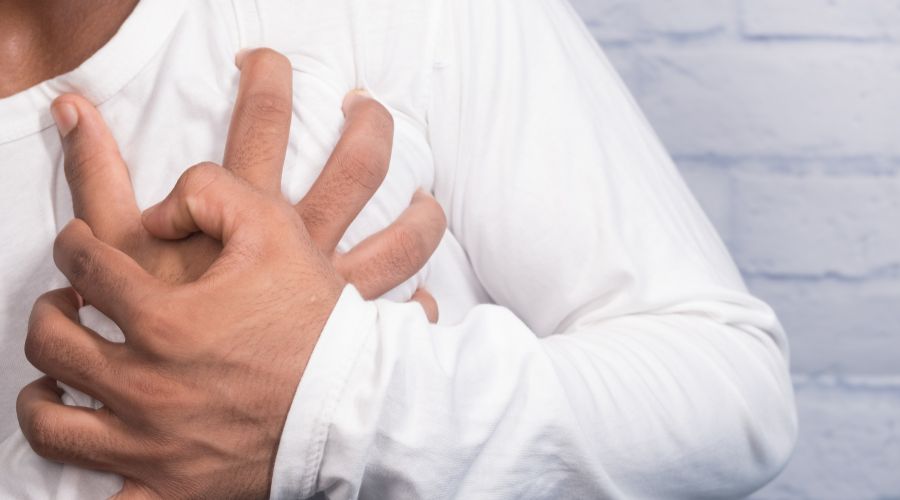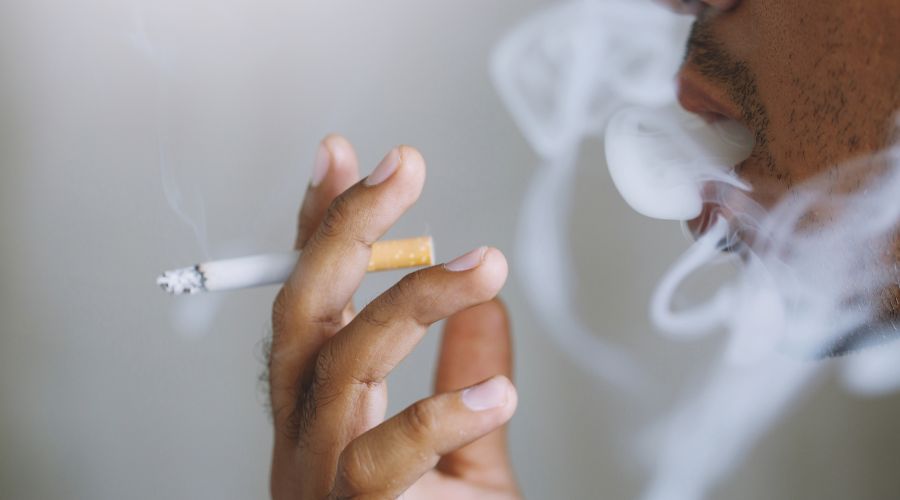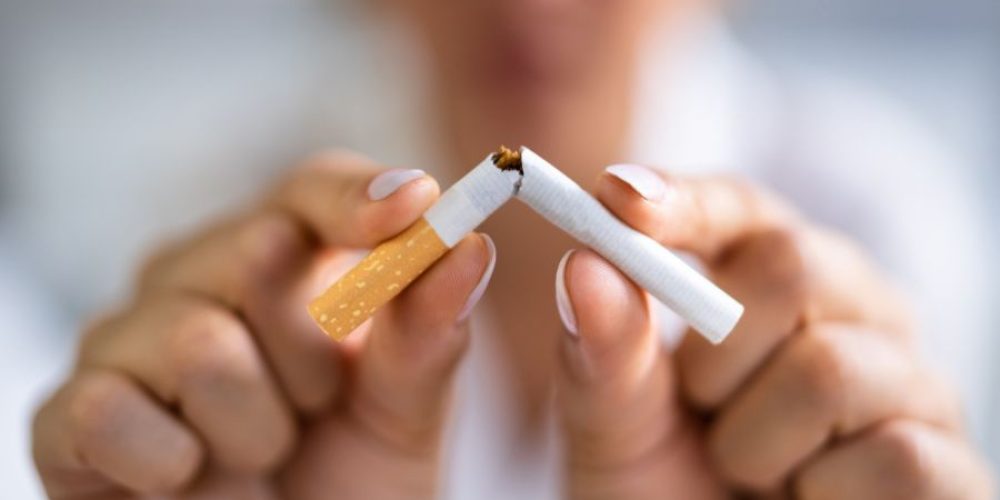Despite numerous government health campaigns and high taxes on tobacco products, smoking remains one of the biggest causes of death and illness in the UK today. Here, we highlight 10 reasons why smokers should stop now for the good of their health – and offer some helpful tips for those looking to beat the addiction and give up for good.
Source: wpa.org.uk
1. Smoking causes cancer – and not just in your lungs
Smoking is often linked to lung cancer, and for good reason. But did you know that it also increases your risk of developing more than 50 different health conditions, including mouth, throat, bladder, bowel, and liver cancer?
In fact, PAHO figures show tobacco use is responsible for 25% of all cancer deaths globally.
2. Smoking increases your risk of a heart attack

Smoking damages your heart and your blood circulation, increasing your risk of developing conditions such as:
- Coronary heart disease
- Vascular disease
- Cerebrovascular disease
These conditions are major causes of strokes and heart attacks.
3. Smoking harms your loved ones
Breathing in second-hand smoke, also known as passive smoking, can lead to health problems just as smoking can.
Children exposed to passive smoke are more likely to developing a range of conditions, including asthma and meningitis, as well as chest and ear infections.
4. Smoking leaves you breathless – but not in a good way
Smoking damages your lungs, leading to conditions such as chronic obstructive pulmonary disease (COPD), which incorporates emphysema and bronchitis, pneumonia, and asthma.
5. Smoking causes infertility
Smoking limits the blood supply to the penis, which can cause erectile dysfunction and impotence. It also diminishes sperm count, as well as the motility and shape of a man’s sperm.
Female smokers are also more likely to experience infertility, while giving up before falling pregnant slashes the likelihood of miscarriage, premature birth, and having a low-weight baby.
6. Smoking makes you look older
Smoking ages the skin by wearing away the proteins that give skin elasticity, depleting it of vitamin A and restricting blood flow.
Smokers have more wrinkles as a result and are also more likely to suffer with dry skin.
7. Smoking damages your teeth and gums

The best way to reduce your risk of developing diverticulitis is to follow a high fibre diet on a permanent basis.
You can do this by increasing your intake of foods such as vegetables, fruit, nuts, and wholegrain cereals.
For those with very severe symptoms, or who find it hard to change their diet, fibre supplements are also available on prescription or over the counter in a pharmacy.
8. Smoking damages your eyesight and hearing
Smokers are more likely to develop age-related macular degeneration, a condition that results in irreversible vision loss.
They also have a higher risk of cataracts and hearing loss in later life.
9. Smoking prevents injuries healing
Nicotine addiction narrows your arteries, making it harder for them to deliver the blood and nutrients needed to heal a wound.Tobacco smokers also fracture their bones more easily and are at significantly higher risk than non-smokers for post-surgical complications.
10. Quitting brings almost instantaneous, yet long-lasting health benefits
- After 20 minutes, your pulse rate starts to return to normal.
- After 8 hours, your oxygen levels are recovering, and the level of carbon monoxide in your blood is halved.
- After 48 hours, carbon monoxide has been flushed out of your system. Your lungs are clearing out mucus and your senses of taste and smell are improving.
- After 72 hours, your bronchial tubes have started to relax, making it easier to breathe and boosting your energy levels.
- After 2 to 12 weeks, better circulation means blood is pumping through to your heart and muscles more effectively.
- After 3 to 9 months, any coughs, wheezing or breathing problems improve as your lung function increases by up to 10%.
- After 1 year, your risk of heart attack is half that of a smoker’s.
- After 10 years, your risk of death from lung cancer is half that of a smoker’s.


